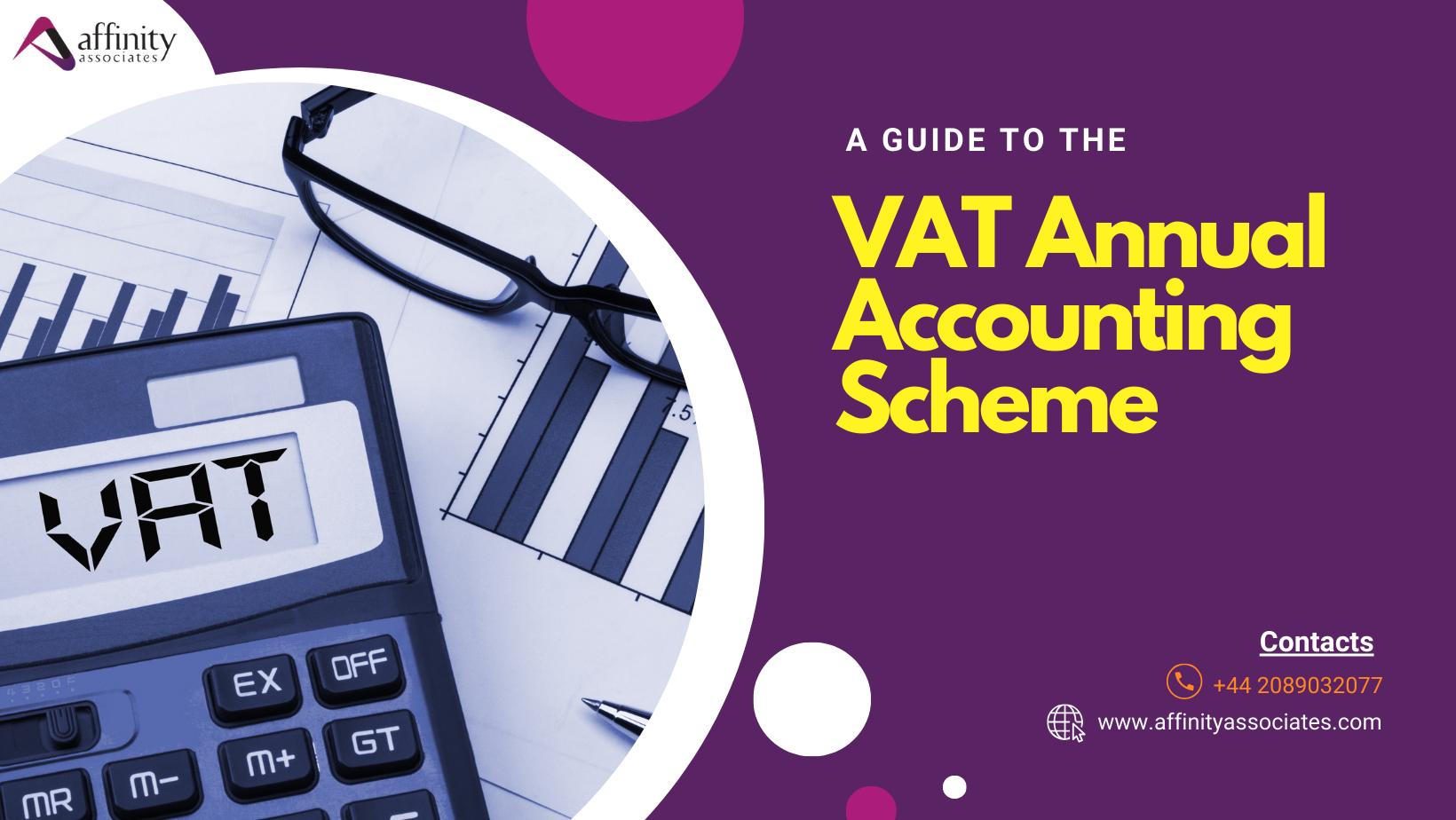Accounting Tips For Ecommerce Business Owners

Step into the realm of eCommerce finance with Affinity Associates, your dedicated ally in the world of accounting. For online entrepreneurs like yourself, the digital marketplace presents a dynamic landscape, and we’re here to offer our specialized support. Our comprehensive guide is designed to equip you with indispensable insights into Ecommerce accounting and VAT Returns. With our expertise, managing your financial matters becomes a streamlined process, allowing you to focus on what truly matters: the success of your online venture.
Understanding E-commerce Accounting: E-commerce accounting involves managing financial transactions and records specific to online businesses. Unlike traditional retail accounting, eCommerce accounting encompasses various digital platforms, payment gateways, and international transactions. As an eCommerce business owner, it’s crucial to adopt robust accounting practices to track sales, expenses, inventory, and taxes accurately.
Key Tips for E-commerce Accounting:
Implement Cloud-Based Accounting Software: Invest in a reliable cloud-based accounting software like QuickBooks Online or Xero tailored for eCommerce. These platforms offer features such as inventory tracking, integration with eCommerce platforms, and real-time financial reporting, streamlining your accounting processes.
Separate Personal and Business Finances: Maintain separate bank accounts and credit cards for your eCommerce business to ensure clear financial separation. This practice simplifies tracking business expenses, reconciling transactions, and preparing accurate financial statements for tax purposes.
Monitor Cash Flow Regularly: Monitor your eCommerce cash flow diligently to understand incoming revenue, outgoing expenses, and overall business liquidity. Regular cash flow analysis enables proactive decision-making, such as managing inventory levels, negotiating vendor terms, and optimizing pricing strategies.
Track Inventory Efficiently: Implement robust inventory management practices to track stock levels, monitor product performance, and prevent stockouts or overstocking. Accurate inventory tracking ensures optimal cash flow management and timely reorder decisions, enhancing profitability.
Automate Repetitive Tasks: Leverage automation tools for routine accounting tasks like invoicing, expense tracking, and financial reporting. Automation minimizes manual errors, saves time, and allows you to focus on strategic business growth initiatives.
Understanding VAT Returns: Value Added Tax (VAT) is a consumption tax levied on goods and services at each stage of production or distribution. For eCommerce businesses operating in the UK and European Union (EU), navigating VAT regulations and compliance is crucial to avoid penalties and legal issues.
Key Tips for VAT Returns:
Determine VAT Registration Requirements: Understand the VAT registration thresholds and requirements applicable to your eCommerce business based on revenue and transaction volumes. Register for VAT with the relevant tax authorities in jurisdictions where you meet the threshold criteria.
Collect and Retain VAT Invoices: Ensure proper documentation and retention of VAT invoices for all purchases and sales transactions. VAT invoices serve as evidence for reclaiming input VAT on business expenses and calculating output VAT on sales.
Calculate VAT Correctly: Accurately calculate VAT on sales transactions based on applicable VAT rates and exemptions in each jurisdiction. Implement systems to automatically apply the correct VAT rates to customer orders based on their location, ensuring compliance with cross-border VAT regulations.
Submit VAT Returns Timely: Adhere to VAT return filing deadlines to avoid penalties and interest charges for late submission. Maintain organized financial records and reconcile VAT transactions regularly to facilitate the preparation and submission of accurate VAT returns.
Seek Professional VAT Advice: Consult with VAT specialists or tax advisors to navigate complex VAT issues, such as cross-border sales, distance selling thresholds, and VAT registration in multiple jurisdictions. Professional guidance ensures compliance with VAT regulations and minimizes the risk of costly errors.
Conclusion:
Mastering e-commerce accounting and VAT Returns is essential for the success and sustainability of your e-commerce business. By implementing the tips outlined in this guide and partnering with Affinity Associates, you can optimize your financial processes, mitigate risks, and achieve long-term growth. Take proactive steps today to empower your eCommerce venture with sound financial management practices.
Ready to streamline your eCommerce accounting and VAT compliance? Contact Affinity Associates today for personalized accounting solutions tailored to your business needs. Let us be your trusted partner in navigating the complexities of eCommerce finance and maximizing your business potential. Schedule a consultation now!

